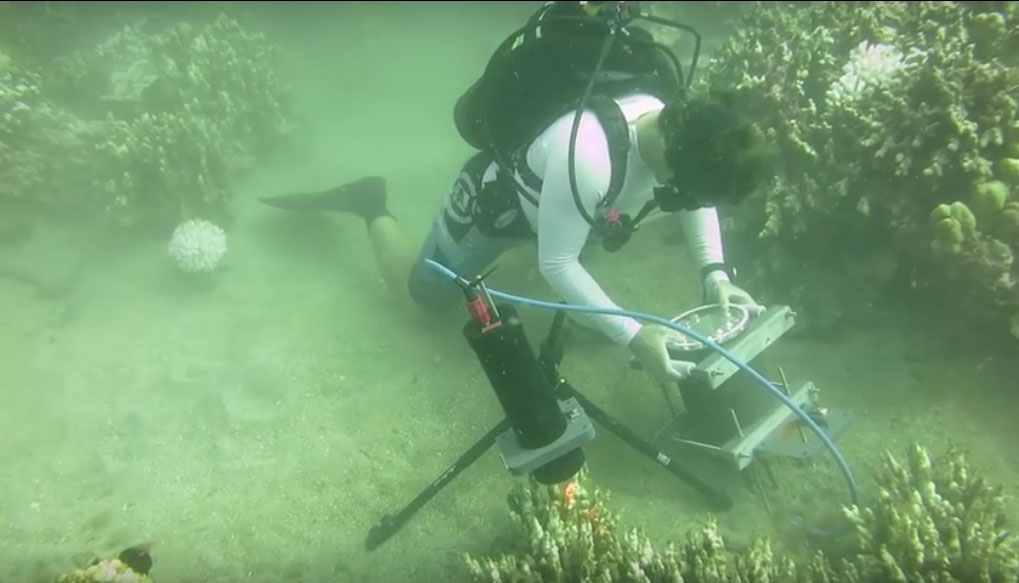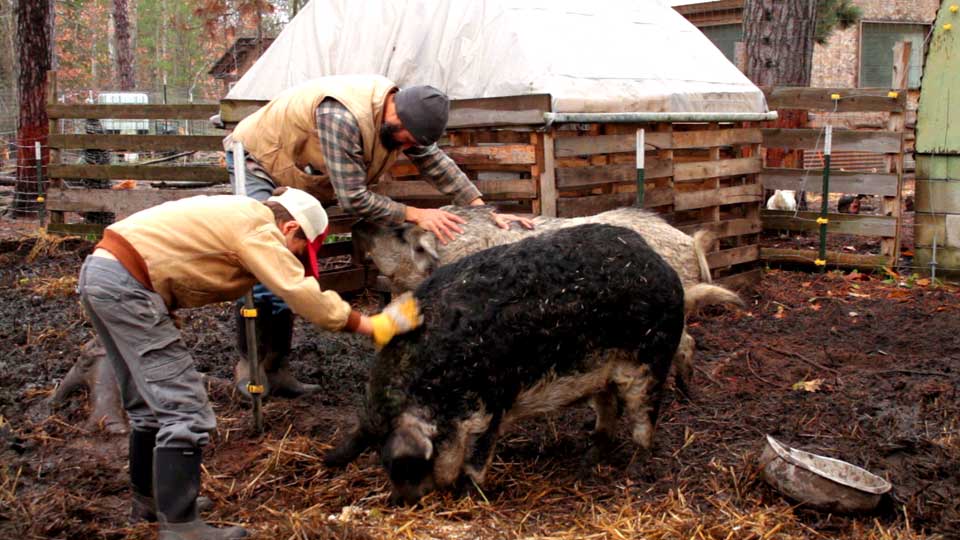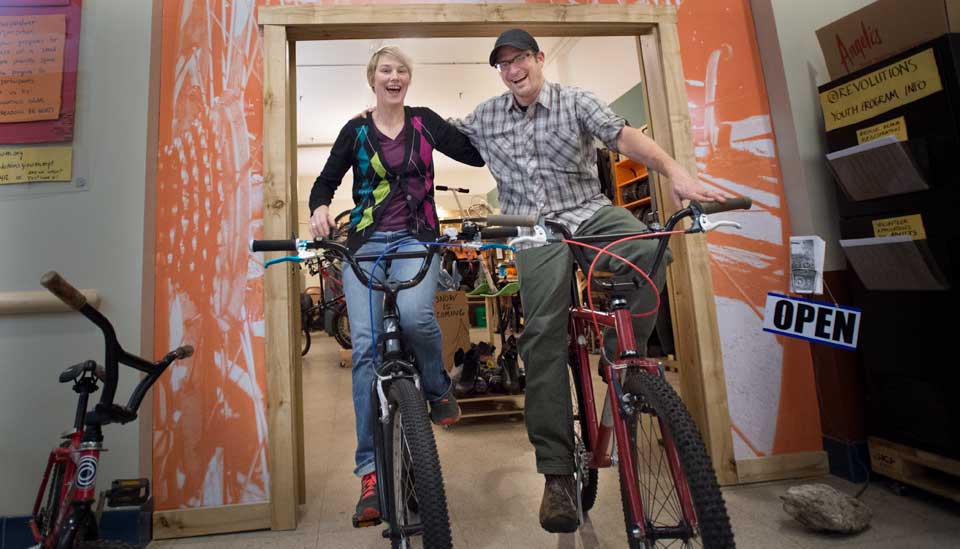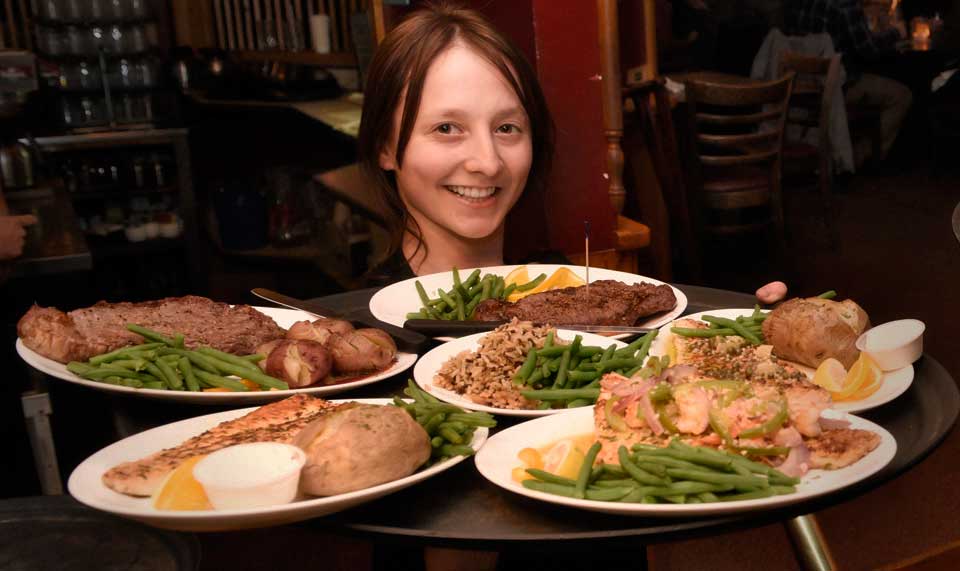How To Reduce Household Waste
Reducing waste at home is simple with some small lifestyle changes!
Let us offer some user-friendly suggestions on how to reduce household waste. There are so many easy things you can do and once you start you’ll be asking why such simple habits are not the norm for everyone. Get ready to generate some positive change on behalf of our planet and all the life it supports!
The average American generates 4.3 pounds of waste per day and that amount increases every year by 5%. Cardboard, plastic packaging, uneaten food scraps, paper products, plastic bags, old clothing, old toys, household appliances, worn furniture items… you get the idea. Most of the items we throw away can be recylcled or reused saving tons of garbage from ending up in our landfills; which are the second largest producers of human-related methane gas emissions in the U.S. (EPA 2011).
We have been trained by our western culture to be faithful consumers by constantly updating to the “latest” or the “best” products. Yes, we all enjoy having something new and it’s possible to balance this enjoyment by recycling and reusing what we buy instead of dumping everything into the trash once it’s outlived it’s usefulness. If we work together to reduce just 10% of the waste we generate each year we will be saving the Earth about a 1/2 ton of carbon dioxide, a major culprit in the global warming arena.
Some of us are already recycling plastic bottles and old newspapers and that’s great, for starters. We need to go beyond this in ways that can affect change with the manufacturers and nothing speaks loader than the almighty dollar. If we as consumers stop putting money on products with excess packaging and let the stores in our area know it’s important to us they will make the changes, but only if we act first by the choices we make where to spend our money.
Easy ways you can reduce household waste starting now!
You can start with your local grocery store by choosing less processed foods wrapped in multiple layers of packaging. Buy more fresh foods and bring along resuable bags instead of using the free plastic or paper bags (need to think about the trees too!) Try to avoid new clothes wrapped in plastic and more unnecessary bags and try your local thrift stores too, they’re loads of fun to go through and you can find unique pieces at great deals.
Instead of buying bottled water get a filter and metal or glass water bottle to carry with you (this is nice because you can add lemon or lime to give it some natural flavor too!) If you need to travel with water in bulk get a little league style sports cooler or a water cooler at home or office and drink from glass cups you can wash and reuse. There are also a variety of water filters on the market( well worth investing in) from higher end units that you install under your kitchen sink to small pitchers that fit into your refrigerator.
Try to avoid buying meat, dairy, cereal, and snacks in small custom packaging and buy products in large packages. If you’re only buying for one or two people consider going in on bulk items with a friend and dividing the food between you. Utilize your freezer to storage extras so they don’t go bad.
There’s a trend happening to buy local and support small farmers and artisans in local areas. Many cities have farmers markets where you can find all kinds of fresh produce, meats, honey, flowers, etc. Buying local cuts on the costs refrigeration, pollution, and transport of products traveling long distances. It also feels great to know where your food is coming from and to support your neighbors!
Heard of recycling food? It’s also called composting. Much of your kitchen food waste can be composted like fruits, veggies, egg shells, coffee grinds, tea bags, grains (most anything except meats and dairy). These food scraps will break down when mixed with yard clippings and when returned to the soil and can make amazing fertilizer for your garden.
Keep a plastic bin, or old yogurt container on your counter and empty into outside compost every day or two. You can also use a small trash can under the sink dedicated to food scraps if you have a big family and generate lots of food waste. There is loads of info online where you can get info about the best options for composting for your particular lifestyle (e.g. city, country, cold or warm climate) but guaranteed it’s easier than you think!
In the stores you can find products packed in boxes made of recycled paper, plastic, and cardboard if you look for the recycle logo in green arrows on the packaging.
Use empty containers to make creative toys for your children. You can find lots of ideas online or donate these items to schools for their art projects.
Donate old clothes to charities. Look for thrift or consignment stores where you can trade gently used items for credit to pick up other items from around the store. Most cities have fashionable vintage stores where you can find items that just improve with time.
Ordering food for take-out generates lots of garbage from the disposable packaging. Try to avoid places that still use styrofoam containers and let them know that switching to paper containers is important and appreciated by you. Restaurants will listen to their customers requests especially if lots of them are asking. When you order out tell them to forget the plastic cutlery and use your own (whenever possible)
Most importantly think twice before you buy. It’s worth it to spend a little more on something that will serve you longer and better. Once it’s use is finished think again how you can recycle or re-use the item before pitching into the trash!

















You must be logged in to post a comment Login